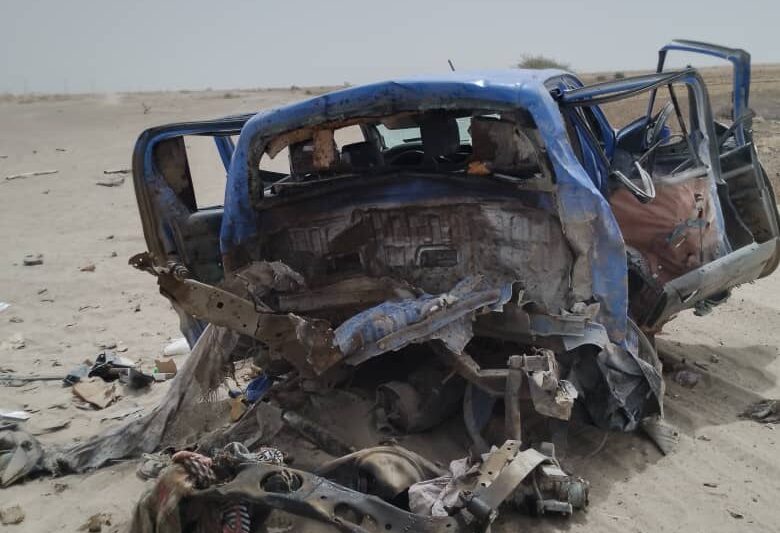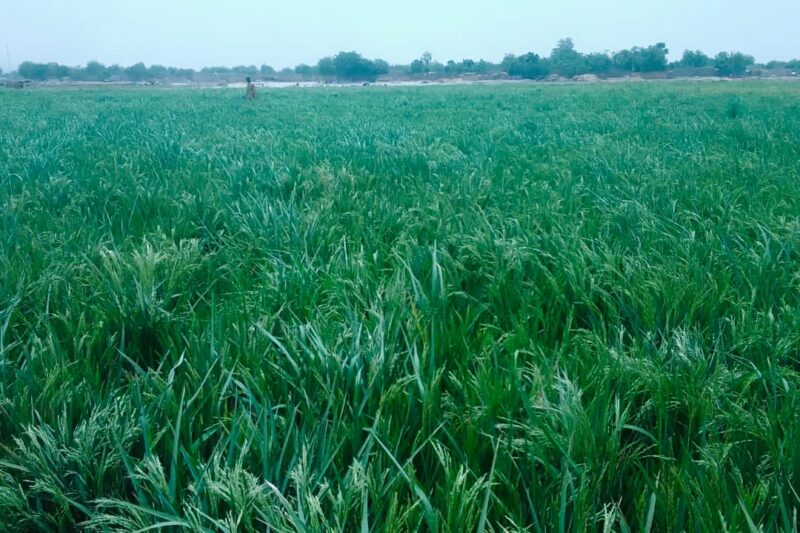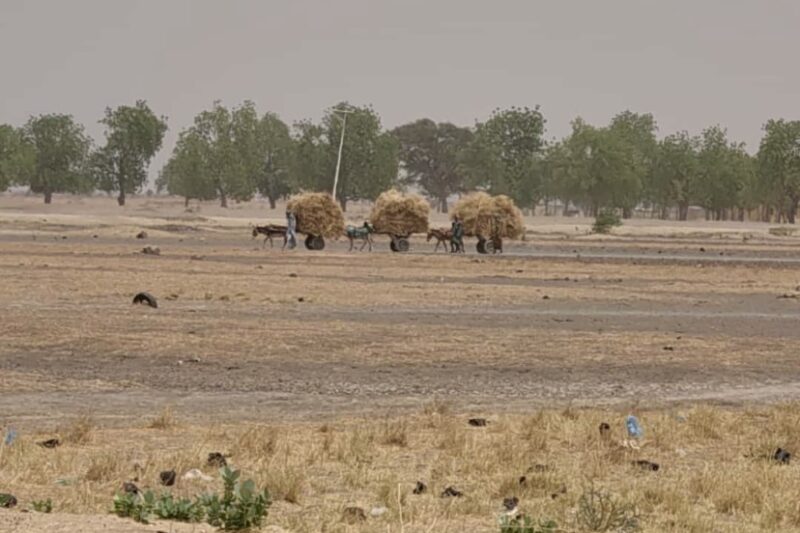At least 22 people were killed and 30 injured when inter-community violence between herders, fishermen and farmers resurfaced for the umpteenth time in Ouloumsa in Logone-et-Chari, a department in the Far North region in Cameroon.
The altercation – of which there have been many – between Arab Choa herders and Mousgoum and Massa farmers began over access to water.
A traditional leader, who asked to remain anonymous, told Reuters: “The Arab Choa wanted to take their herds to the banks of a river. The Mousgoum and Massa prevented them.”
What started out as small clashes escalated as reinforcements from the protagonists’ communities came from neighbouring villages and even from Chad.
The conflict areas were in the district of Logone-Birni, such as Zimado, Ouloumsa, Mariam, Maham.
Violence also broke out in Pouss village and its surroundings in the district of Maga, in the department of Mayo–Danay.
Since Wednesday, December 8, the city of Kousseri had been the scene of clashes.
Homes and a dozen businesses were set alight. The defence and security forces, who appeared overwhelmed, tried to deter the troublemakers.
Security sources said three villages were razed to the ground but that soldiers had gained ground in Dilga, Honkol and Carrefour in Logone-Birni
A Cameroonian regional official, who asked not to be named, told Reuters: “We are in a full-on inter-community conflict.”
Ali Haroun, the mayor of Chad’s capital, N’Djamena, told the news agency that hundreds of people were fleeing from the violence and streaming across the border into neighbouring Chad.
On Tuesday, Midjiyawa Bakari, the governor of the Far North region, went by helicopter to Logone-Birni, hoping to calm hostilities.
At the esplanade of the Sultanate of Logone-Birni he appealed for calm and reconciliation. He held meetings with the leaders of the Arab Choas and the Mousgoum and Massa. Afterwards he held a closed-door meeting with defence and security forces officials, as well as traditional leaders.
“It’s the problem of conquering natural spaces that causes these problems,” he said.
“Breeders, farmers and fishermen share these same small spaces and the population is multiplied by foreigners who come to graze their cattle in the marshy areas. The solution is to become more modernised. We have spoken with the World Bank and the Minader [the ministry of agriculture and rural development] about developing progammes to modernise production tools. All of this put together on the ground will help develop the area. This is why we ask one another to promote peace and serenity because development does not adapt to insecurity,” Bakari said.
Clashes between Arab Choa and Mousgoum in August left 13 dead, 15 missing and 72 injured. There were 5,274 houses in 40 villages that were burnt down and 8,749 people took refuge in the prefecture of Chari in Chad.
As a result, a foundation of peace was initiated, first by authorities who formed a reconciliation commission to bring together the leaders of the ethnic groups.
Also, a forum on social cohesion for peace, initiated by the UN High Commissioner for Refugees, was held on December 2 in Kousseri. This was followed by sports and cultural activities in Logone-Birni. However, these initiatives had failed miserably as the violent and bloody clashes had resumed.
Residents have called on the authorities to take responsibility, asking the government to act as quickly as possible.








